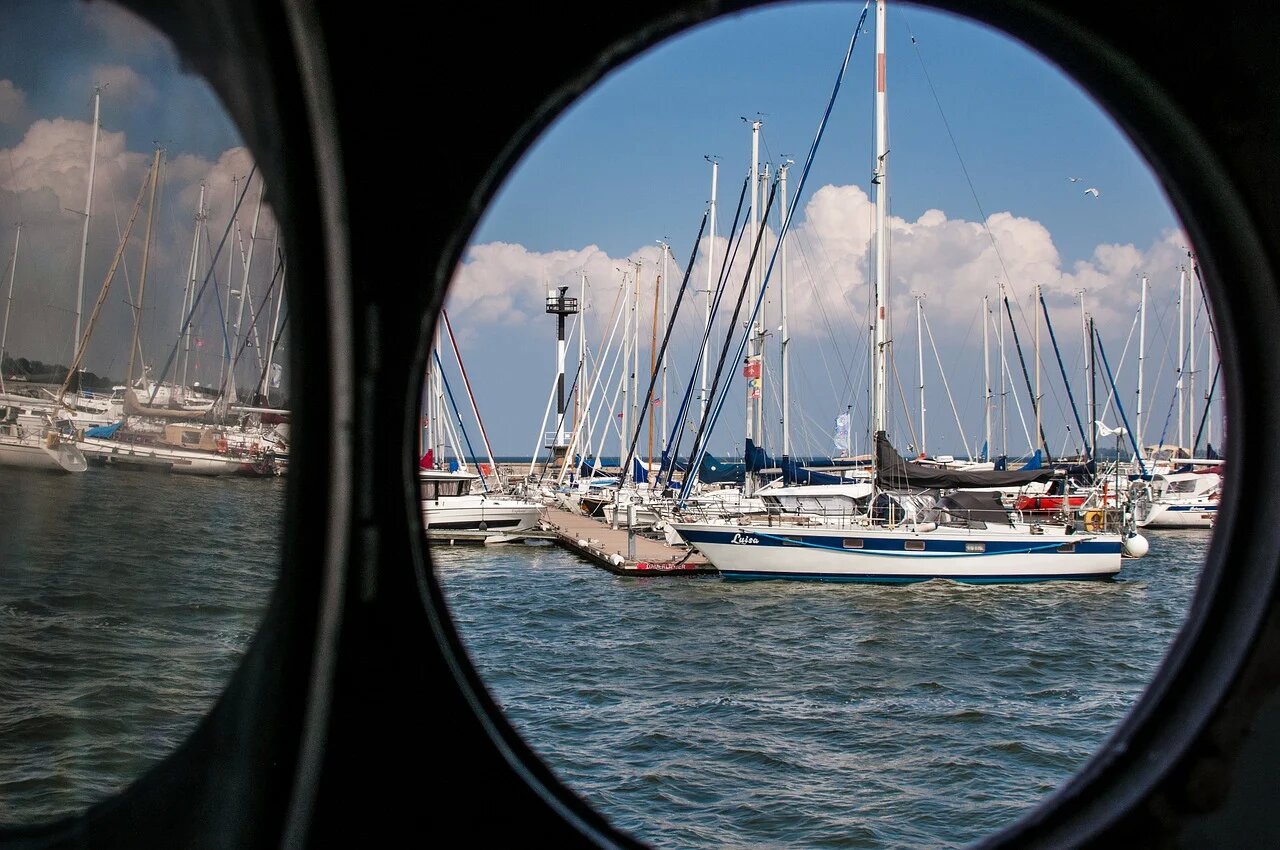As reported by recent maritime analyses, there are currently at least six fishing vessels flying the Bermuda flag while operating far beyond its waters—specifically in Canada, Brazil, Iran, and China. Alarmingly, none of these ships are genuinely registered in Bermuda. This troubling trend is not isolated; it affects numerous CARICOM Member and Associate Member States as well. Foreign fishing fleets are exploiting Caribbean flags to operate in distant regions without any legitimate ties to those states. This misuse tarnishes the reputation of these nations, raises serious legal concerns about accountability, and allows illegal fishing operations to thrive under a false sense of legitimacy.
The majority of these illegitimate vessels can be found in East Asia, particularly within Chinese waters and those of Vietnam. The maritime community has recently been abuzz with discussions surrounding terms like “Dark Fleet” or “Shadow Fleet,” alongside the emergence of what some call the “Renegade Fleet.” These narratives often focus on sanctioned ships evading scrutiny through flag-hopping tactics. However, this situation presents a distinct challenge: while fishing vessels typically fall under the jurisdiction of fisheries ministries, many countries permit foreign boats to register under their flags without proper oversight or coordination between relevant government departments.
According to Article 91 of the United Nations Convention on the Law of the Sea (UNCLOS), every nation has sovereignty over which vessels may fly its flag—a right that comes with significant responsibilities for enforcement at sea. Flag states must ensure compliance with international laws aboard their flagged vessels regardless of where they operate. Unfortunately, many ships appear to carry flags from countries they have no real connection with—raising critical issues regarding accountability and governance.
For nations whose flags are being misused in this manner, it’s crucial to proactively communicate that they do not endorse or take responsibility for such vessels since they lack legitimate registration status. The reputational risks associated with being linked to illicit activities can be severe; if left unaddressed, it may seem as though these states condone illegal practices simply by association. For instance, following sanctions imposed on five tankers falsely registered under Guyana’s flag earlier this year by U.S authorities—leading Guyana into a defensive position regarding its shipping registry—the importance for other nations like Saint Maarten becomes clear: proactive measures against fraudulent registrations must be taken seriously.
If a vessel’s displayed flag does not correspond with its actual state affiliation, it could engage in unlawful activities without fear of repercussions due to ambiguous international law treatment concerning stateless ships.
Many coastal nations lack effective legal frameworks for addressing such cases involving unregistered vessels; thus hesitance prevails when dealing with them—a scenario that undermines legal integrity globally while raising concerns about open registries versus fraudulent claims.
This issue is compounded by similar challenges faced within global shipping industries where dubious registrations abound leading coastal states potentially towards more stringent inspection protocols aimed at verifying vessel legitimacy—risking freedom-of-navigation principles outlined in UNCLOS Article 58 as seen recently around Baltic waters where safety checks have become commonplace against shadowy fleets known for cable-cutting incidents.
Moreover, fraudulent registrations could lead bad actors masquerading as fishing boats but actually functioning as cargo carriers transporting illicit goods—all while complicating regulatory oversight further muddled by unclear distinctions between fisheries management versus cargo transport regulations which allow evasion from detection efforts aimed at curbing illegal operations across maritime domains already beleaguered by dark fleet activities.
This situation might prompt registries worldwide—including those within Caribbean jurisdictions—to impose stricter requirements on vessel documentation thereby increasing bureaucratic hurdles affecting legitimate fishery operations vital economically especially given their significance across regional economies reliant upon sustainable practices moving forward amidst rising distrust stemming from ongoing abuses perpetrated via false affiliations.
Ultimately safeguarding our global maritime framework hinges upon collaborative efforts among all responsible stakeholders involved within this ecosystem facing unprecedented threats today necessitating immediate action plans tailored towards clarifying member state positions publicly distancing themselves from fraudulently flagged entities before crises arise rather than reactively responding post-incident occurrences which only serve exacerbate existing vulnerabilities present throughout our oceans today!
Dr. Ian Ralby serves as President at Auxilium Worldwide—a nonprofit organization dedicated toward fostering global harmony through expertise focused primarily around ocean governance matters among others! With extensive experience spanning over 100 countries worldwide he stands recognized authority concerning maritime /security issues having held various roles across governmental /international organizations alike!





